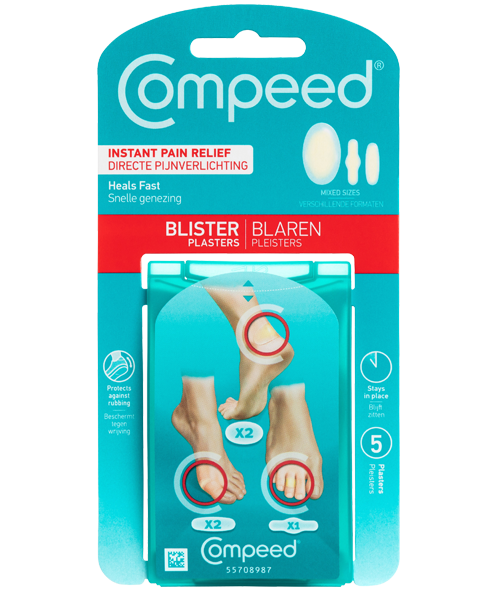Stress is a normal part of life. But too much of it can leave you feeling overwhelmed, anxious, and exhausted. While there are plenty of ways to manage stress, exercise is one of the best. It’s natural, easy to access, and backed by science.
Moving your body helps clear your mind, lift your mood, and build resilience. You don’t need a fancy gym membership or expensive gear – just regular movement can make a real difference.
The Science Behind Exercise and Stress Relief
Exercise does more than just keep you fit. It directly affects your brain and body in ways that help reduce stress:
- Lowers cortisol – When you’re stressed, your body releases cortisol. Too much of it can leave you feeling on edge, tired, or even burnt out. Exercise helps bring those levels back down.
- Releases endorphins – These “feel-good” chemicals help improve mood and reduce pain, acting as a natural stress reliever.
- Improves sleep – Poor sleep makes stress worse. Exercise helps regulate your body’s natural sleep cycle, making it easier to rest properly.
- Reduces muscle tension – Stress makes you physically tense. Moving your body helps release that built-up tightness.
- Boosts confidence – Small wins, like completing a workout or reaching a new personal best, give you a sense of control and achievement.
- Enhances focus – A quick workout can clear mental clutter and improve concentration.
- Supports emotional resilience – Regular movement helps you cope with challenges more effectively. You feel more in control, even on tough days.
Even a short walk can help take the edge off. The key is consistency because small, regular efforts add up over time.


Best Types of Exercise for Stress Relief
Some activities work better than others when it comes to stress management. Here are a few worth trying:
Cardio
Running, cycling, swimming, or dancing gets your heart rate up and floods your brain with endorphins. Even a brisk walk can lift your mood. If you like the idea of running but want a supportive and social environment, parkrun is a great option. These free, weekly 5K events are held in parks across Ireland, welcoming runners of all abilities. The sense of community and achievement can be just as beneficial as the physical exercise itself. If you’re happy training alone, the Couch to 5K programme is recommended.
Strength Training
Lifting weights or using your own body weight (push-ups, squats, lunges) builds strength and helps you feel more in control, both physically and mentally.
Yoga and Stretching
Yoga combines movement with breathing exercises, which naturally calm the nervous system. Stretching also helps release physical tension caused by stress.
Walking
One of the easiest and most effective ways to reduce stress. A walk outside is even better – fresh air and a change of scenery can do wonders.
Dancing
Dancing is a fantastic way to relieve stress because it combines physical movement, music, and self-expression – all of which contribute to improved mental well-being. It doesn’t have to be formal – whether it’s a structured class like salsa or Zumba, or just moving to your favorite song in the living room, dancing is an enjoyable and effective way to reduce stress!


How to Build an Exercise Routine for Stress Management
You don’t need an intense workout plan to feel the benefits. Here’s how to make exercise part of your routine without it feeling like a chore:
- Start small – Even 10 minutes of movement can make a difference. A short walk, some stretching, or a few bodyweight exercises are all great options.
- Pick activities you enjoy – If you hate running, don’t force yourself to do it. Find something you actually like, whether that’s dancing, swimming, or hiking.
- Make it convenient – Look for ways to fit movement into your day. Walk during lunch, stretch before bed, or try a quick home workout.
- Mix it up – Doing the same thing every day can get boring. Rotate between different activities to keep things interesting and work different muscle groups.
- Listen to your body – Some days will feel harder than others. If you’re tired, opt for gentler movement like yoga or a walk.
- Stay consistent – The goal isn’t perfection, just regular movement. Even a little bit every day adds up over time.


Overcoming Barriers to Exercising for Stress Relief
It’s easy to find reasons not to exercise, especially when you’re feeling stressed. Here’s how to work around common obstacles:
- Struggling with time? Try short, high-impact activities like a 10-minute workout or a brisk walk.
- Feeling too tired? Movement actually boosts energy levels, even if it’s just a gentle stretch session.
- Don’t like the gym? There are endless ways to stay active—join a dance class, go hiking, or take up a sport.
Not sure where to start? parkrun is an easy, beginner-friendly way to get moving with others.


Final Thoughts
Exercise is one of the simplest, most effective ways to manage stress. It helps your body, clears your mind, and gives you a break from daily pressures. You don’t need to train like an athlete or commit hours to the gym—just find something you enjoy and do it regularly.
What’s your go-to way to stay active? Try something new this week and see how it makes you feel.















